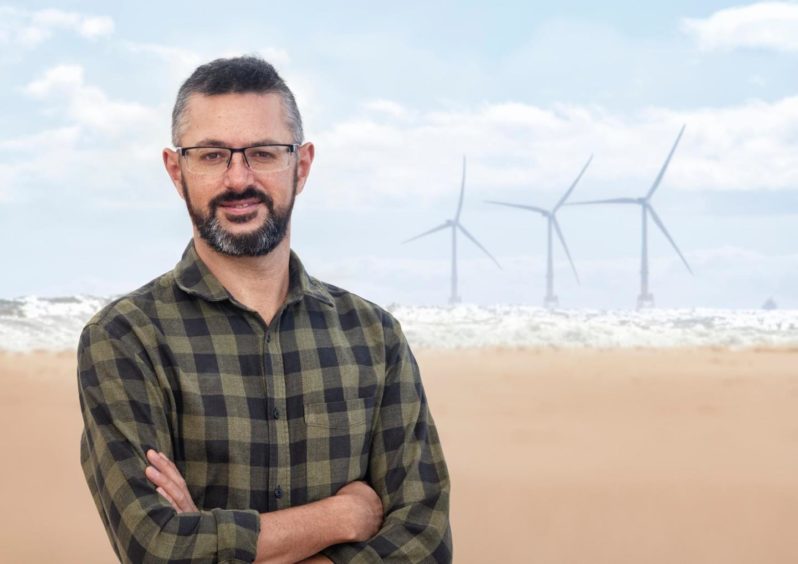
Researchers leading a series of projects aimed at getting communities on board with the need to achieve net zero energy will launch a study in Aberdeen’s deprived district of Torry.
The area is one of five UK case studies that will be established to help academics understand how “place-based” and “people-centred” solutions can be scaled up to support action on net zero across the UK.
In addition to tackling issues of fuel poverty in Aberdeen, researchers are also looking at how to transform energy systems in rural ex-mining communities in East Ayrshire, how to support community planning and engagement in Clackmannanshire, explore the challenges of net zero in the domiciliary care sector in Wales and a geothermal heat in Reading.
Led by the University of Aberdeen, the £5.7million research programme is one of two national projects aiming to accelerate decarbonisation while addressing societal challenges, funded by the government’s UK Research and Innovation (UKRI).
The five-year JUST-Systems project brings the University of Aberdeen together with Stirling, Strathclyde, Edinburgh, Warwick and Reading Universities, with support from the UK Committee on Climate Change, the UK Government and devolved Scottish and Welsh Government, various local authorities and other regional and civil society partners.
Project lead Professor Tavis Potts, co-coordinator of the University of Aberdeen’s just transition lab and dean for environmental sustainability, said: “Net zero is often described as a technical intervention, a transition from a fossil fuel economy to a mixed renewables based system.
“This has, in part, contributed to a lack of social ownership and engagement with the net zero agenda and, in many cases, seen communities express views that climate initiatives are imposed from the top down with little benefit.
“For net zero to succeed it must support and deeply engage with people and places. JUST-Systems will develop novel systems approaches that link community engagement with state-of-the-art energy systems modelling.
“It will unlock local action on decarbonisation, fuel poverty, local economies, wellbeing and social justice by identifying the wider social benefits that come from climate action and building the capacity to harness them.
“It will address the systemic problems that hinder widespread action and place people at the centre of the research on net zero with a focus on capacity building and empowerment.”
Recommended for you

